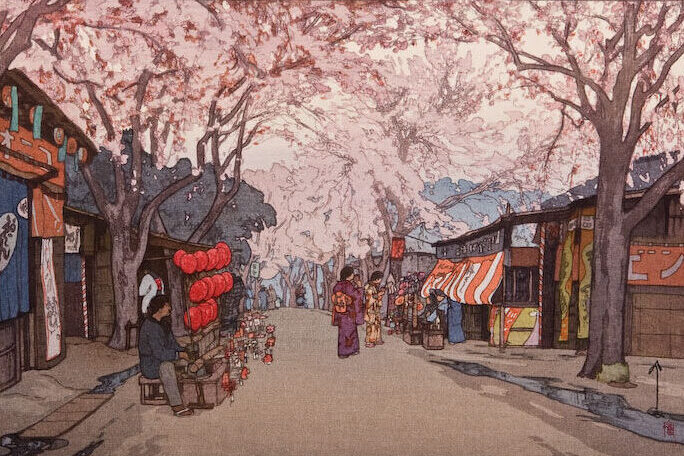
Japanese businesses: one big happy family? no. extended family? yes!
Articles, Japanese business, Working with JapaneseAny organization anywhere in the world inevitably has different people vying for position and power. Typically, this is referred to in English using the phrases “office politics” or “corporate politics.”
However, when westerners hear those phrases, they usually think of situations such as individuals competing against each other for a high-ranking post, a boss who is difficult to deal with, or co-workers who stab you in the back. In other words, the office politics in a typical western organization most often involves an individual pitted against another individual. This is a reflection of the individualistic nature of most corporate behavior in the west.
In contrast, office politics in Japanese companies often involve habatsu, different factions that coalesce around strong leaders. I believe that habatsu are the result of Japan’s group-oriented society, leading to rivalries in corporations playing out between groups rather than individuals.
The challenge is how to describe a habatsu in English, when it’s something that is less common in western organizations? Good one-word descriptions would be factions, cliques, groups, or camps. For example, “Corporate politics in our company is dominated by two opposing factions.” These words all denote groups that are aligned with each other and that have some stability and solidarity. If the habatsu are based on philosophy, you could also use the phrase “schools of thought”, as in “There are two schools of thought within the company, one that favors internationalization, and another that would prefer to concentrate on domestic business.” Another possible phrase in this situation would be “The company is divided between people who favor expansion and those who favor consolidation.”
A variation of habatsu that is just as difficult for most westerners to relate to is gakubatsu. I’ve seen this word translated as “school cliques” but frankly this phrase would be meaningless to most native speakers of English. The existence of factions within the company based on university ties is something that simply doesn’t exist in western organizations. In order to convey this concept well, an explanation along the lines of “factions within the company comprised of people who graduated from the same university” would be necessary. Even this however might not be very clear to someone from another country, as they may wonder why being alumni of the same school would cause people to group together in this way. Thus, an additional explanation along the lines of “In Japan, ones’ university affiliation is very important, and people often feel a special affinity for those who share the same alma mater” is probably necessary.
The revelation that habatsu or gakubatsu exist in Japanese companies is likely to be surprising to westerners who have been told over and over that Japanese companies are big happy families with corporate culture defined by wa, or harmony. Thus, some care is necessary when explaining these concepts and their application in your company. If you are not careful, you might give the impression that your company is hopelessly riven into uncooperative groups, engaged in battle-to-the-death power struggles, leaving the company utterly dysfunctional. Of course, if that is indeed your company’s situation, then a detailed discussion of habatsu would be in order. But if your company is just experiencing garden-variety internal jockeying for power, it might then be safer to use the blanket term “office politics” and leave it at that. This is a concept that will be familiar, and less shocking, to most westerners, while still being broadly accurate.
Related articles
The different meanings of psychological safety in Japan, Europe and North America
The concept of “psychological safety” in the workplace started in the United States in the 1960s and
Too early for cherry blossoms!
Japan’s cherry blossom season is peaking at the earliest time since records began over 1,200 y
Japanese Communicative Ambiguity: “When does Yes mean Yes?”
When Yes means Yes, No or Maybe. I am often asked by Americans and other Westerners working in Japan




